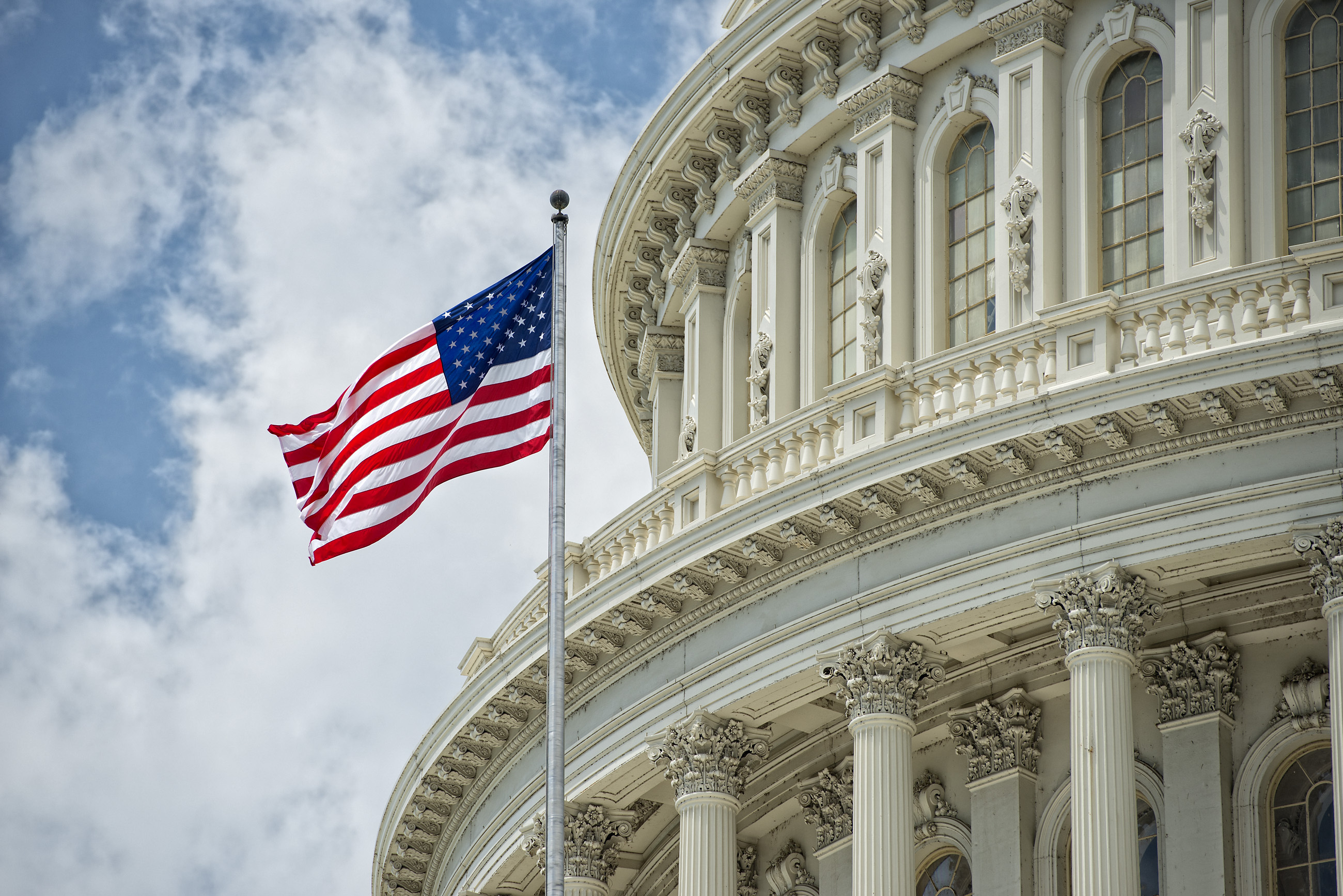
What Does the Trump Administration Mean for the Future of Corporate Communications in the USA?
The first two months of Donald Trump’s second stint as US President have certainly been action-packed. From the remarkable interview with Volodymyr Zelenskyy, cutting aid budgets, halting support to Ukraine and more, it certainly hasn’t been dull. However, one of the most potentially impactful moves made so far has been his Government’s shift away from supporting diversity, equality and inclusion (DEI) and environmental, social and governance (ESG) initiatives.
This change is already having a drastic impact on the way employers act and communicate with customers, investors and other stakeholders. With this shifting landscape in mind, what is the future of corporate communications in the USA, and how will professionals need to adapt?
Legislative changes
While attempting to fully understand the new President’s motivations can be challenging, his move to cut back on DEI initiatives stems from his belief that these programmes promote reverse discrimination, and impact efforts to build meritocracies.
Shortly after taking office, he launched an executive order titled ‘Ending illegal discrimination and restoring merit-based opportunity’ which in effect, stops all federal funding for any programmes related to DEI. Perhaps more significantly, it also discourages businesses from adopting their own diversity mandates. This has already been noted by major organisations, with several, such as Accenture, subsequently cutting their own DEI programmes as a result.
This is one of several controversial moves, with his administration’s views on ESG policies also making that list. Trump’s ‘drill baby drill’ comments and subsequent withdrawal of funding for renewable and ‘clean’ projects has led major financial firms, such as Wells Fargo, to remove their net-zero emissions targets.
Equally, it has also emboldened several energy giants, such as Shell and Equinor, to cut their investments, and instead focus more heavily on oil and gas production. BP’s Chief Executive, Murray Auchinloss, said his organisation had gone "too far, too fast" in the transition away from fossil fuels, and that its faith in green energy was "misplaced", comments which would have been unimaginable just a matter of months ago.
As a result of this and many other on-going reforms in the States, the world of corporate communications is being forced to evolve at pace. But what does this mean for professionals in the remit and their businesses? Do companies remain resolute in their commitments to DEI and ESG, and potentially face political and legal opposition? Or do they change their messaging to align with the new administration's priorities, while also trying to maintain their core values? Such is the USA’s dominant role in global affairs, this isn’t solely a question for businesses based here, but those around the world too.
No organisation wants to alienate its stakeholders, particularly those operating in the aforementioned markets that are directly impacted by Trump’s changes. But equally, most recognise that sticking with their DEI and ESG policies isn’t only the morally correct thing to do, but it also drives broader success. We have already discussed the benefits of diversity in communications teams, and a focus on sustainability within marketing at least clearly helps to tackle the critical impact of climate change. However, businesses won’t survive by upsetting their shareholders and customers. This complex situation requires a nuanced approach.
The future of corporate communications in the USA
One key move that will be required by most corporate communications teams will be to adapt messaging so it continues to reaffirm organisational commitments, but without directly opposing the Trump administration’s policies. In practice, this could mean changing language around DEI to focus on broader themes such as inclusive leadership, employee wellbeing, and talent development, rather than explicitly referring to diversity. With ESG, employers may pivot their corporate messaging to highlight operational efficiency, cost savings, and risk management rather than environmental activism. For example, rather than discussing carbon reduction as part of a “green” agenda, companies could look to frame it as part of a strategy that supports financial growth.
This evolving environment is also driving the need for even more nuance and segmentation in stakeholder engagement. Employees may expect continued DEI and ESG commitments, while investors and regulators may prefer a more cautious approach. Transparent, segmented communication will therefore be key. Internal communications can continue to be more open around emphasising a company’s commitment to fairness, opportunity and responsible, ethical practices. But externally, organisations will probably have to adopt a more measured tone, and ensure that their messaging will resonate with a diverse set of stakeholders, without necessarily looking overly partisan.
Corporate communications teams within organisations that do stick to their guns, and maintain their ESG and DEI initiatives will also need to be ready to battle potentially heightened scrutiny and backlash from federal-backed groups and regulatory bodies, as well as their own more conservative stakeholders, and the general public. This means ensuring there is a detailed crisis communication plan in place is now even more essential. Companies should have a strategy containing detailed messaging that explains any potential shifts in policy, whilst also reinforcing their broader mission and business imperatives. As always, transparency and authenticity will be critical in mitigating reputational risks.
All bets are off with the Trump administration, and if the first few months are anything to go by, it will be exceptionally challenging to predict the future of corporate communications in the USA, and we could be in for a bumpy ride. For specialists, this changing environment forces a need for them to drastically adapt their existing strategies, in order to reflect the new landscape. This will require significant nuance and expertise, but the people and organisations that can alter their approach most effectively will be those that thrive. If you’re looking for a corporate communications specialist to join your team, please don't hesitate to get in touch with our expert team.
*****
